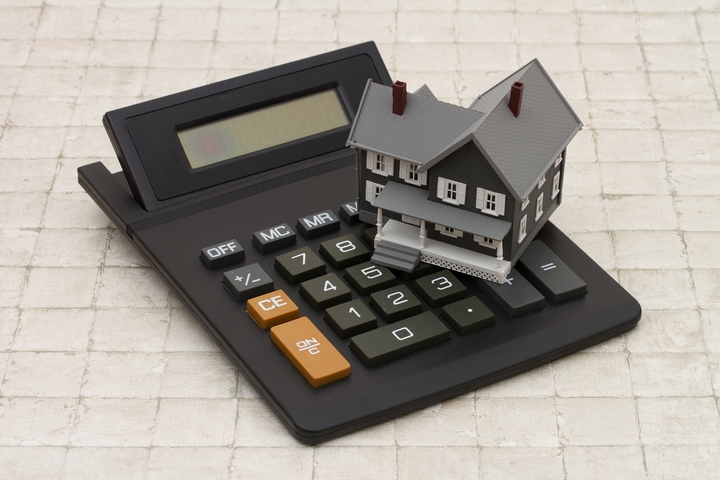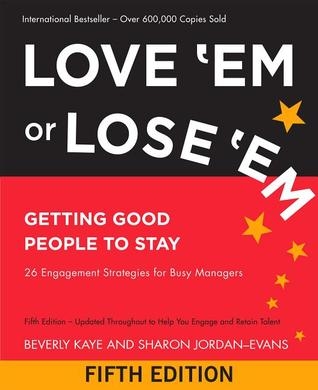
Learning how to invest in real estate, the topic of tax lien investing may come up at a certain point. Some beginner investors love tax lien investing because it’s all profit if you do it right.
However, tax liens can be a bad investment if you don’t do the research or due diligence. Any investor wants as minimal risk as possible with the potential for maximum reward.
Here are some important tips for investing in tax liens to help you achieve your desired returns.
Tip #1: Decide On The Type Of Tax Lien

There are all sorts of tax lien investment opportunities out there. Residential land, properties needing improvements, and sometimes commercial and tax liens are available in different regions. As you browse through the Ontario tax sales, know what you’re targeting specifically.
Tip #2: The Best Tax Lien Investors Know Real Estate

Tax lien investing is not for beginner investors. If you don’t have experience or knowledge in real estate, you could be wading into a territory you’re at a significant disadvantage. Learning real estate, i.e. what to look for and being able to identify hazards, is a part of this type of investing.
A lack of real estate experience means you are more likely to end up with a property that, long-term, costs more than you invested, thereby incurring a loss.
Tip #3: Follow The Rules For Making A Bid

There are rules for both, whether it is a public auction or public tender. Know those. Also, have your bid in by the deadline. Anything that comes in after a stated deadline will not be accepted by the municipality authority.
Tip #4: Don’t Make Home Ownership The End Goal

Treat tax lien investing as purely investing. Most people never get a property to own from it but recoup a lot of return from this form of investing. It is a rare outcome that tax lien investing will mean the investor ends up with the property.
Tip #5: Have More Than Enough Capital To Invest

Tax liens are available at a fraction of the cost of other forms of real estate investing. That said, expenses can add up. You’re buying a property sight unseen. It may need repairs and upgrades, and if you have to evict an existing tenant, that generally can take time and money to complete.
Tip #6: Consider Avoiding Neglected Properties

Distressed properties, properties with environmental damage, or with obvious signs of significant damage on the property may not be worth your attention unless you have a specific plan for them.
If you obtain ownership of such a property, the cost to repair and remedy these problems can easily creep into five figures, if not six.
Tip #7: Calculate Your Rate Of Return

There is no volatility with tax lien investing. You will know beforehand roughly what the rate of return will be. Most tax liens end up with the prior homeowner paying off the owing amount in full, never reaching the point where a tax lien investor assumes ownership.
An investor’s return is the interest earned on what’s owed. There’s no guessing. You should be able to get an exact sum.
Tip #8: Research Actual Value vs Bid You Want To Make

Research a property’s actual value. Know that number. Compare it to the bid you make. If it’s not very much different, you may want to forego a bid considering the risks involved. You can find amazing deals out there, but because you can’t see the inside of the property before bidding, there’s always that risk.
Tip #9: Drive Down And Examine The Property From The Road

You have limited info on the property before making a bid. Drive down to the place. You aren’t allowed a tour inside, but from public property, you can look at it and get a general sense of what it looks like.
Tip #10: Learn About The Neighborhood And Town/City

Do research into the local area. If you assume property ownership, you want it to be worth something. Don’t just look at the property but everything and anything around it that could impact value.
Tip #11: Don’t Overextend Yourself For The Upfront Investment

Do not put yourself in a situation where you’re overextended financially and putting yourself at financial risk to invest in a tax lien. Put in your best offer, of course, but as with any investment, be reasonable with how much you’re willing to put down.
Tip #12: Be Ready For Strong Competition

Everyday investors, money managers, and investment companies do tax lien investing today. The competition can be high for certain properties. Be aware and target properties within the price range you can reasonably afford.
Low-cost liens generally are where to focus as these are small investments you can make that yield a decent return which is less likely to be targeted by big money firms looking strictly for high-yield investments.









